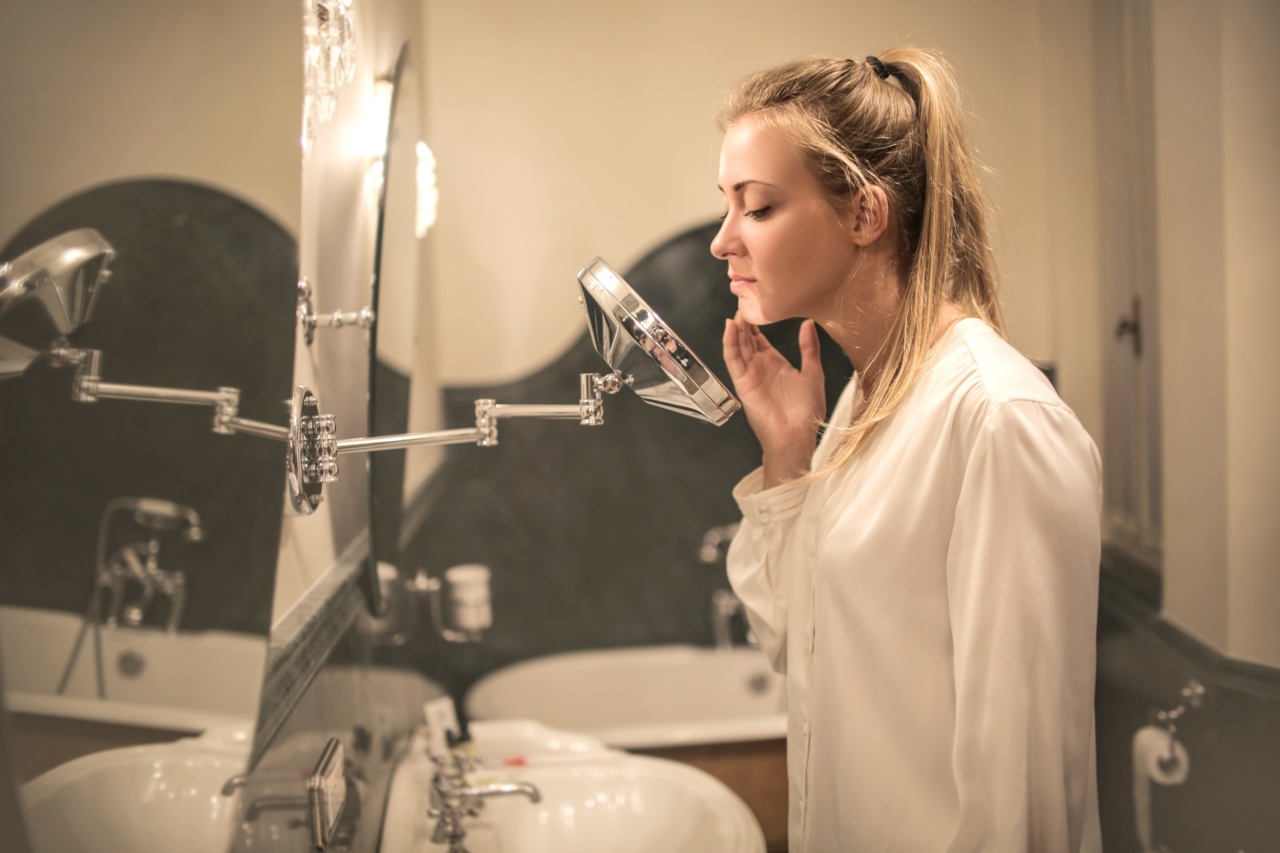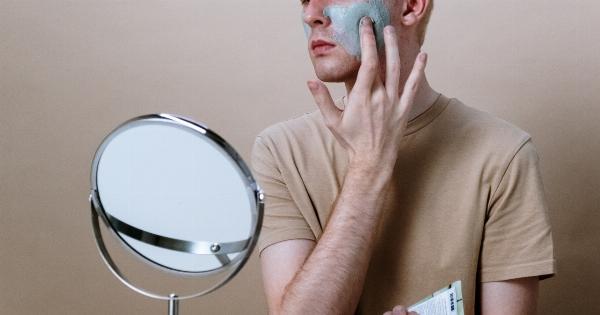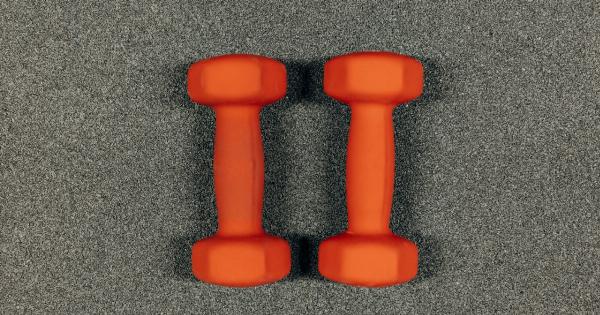Acne is a common skin condition that affects many people. It can be caused by a variety of factors, such as genetics, hormones, and lifestyle habits.
While there is no cure for acne, there are several habits you can adopt to help soothe your acne-prone skin.
1. Cleanse your skin regularly
Cleansing your skin is an important habit to adopt if you have acne-prone skin. It helps to remove excess oil, dirt, and bacteria from your skin, which can help prevent clogged pores and breakouts.
When choosing a cleanser, look for one that is specifically formulated for acne-prone skin and contains ingredients like salicylic acid or benzoyl peroxide. These ingredients can help unclog pores and reduce inflammation.
2. Don’t pick or pop your pimples
It can be tempting to pick or pop your pimples, but this can actually make your acne worse. When you pick or pop a pimple, you can push bacteria deeper into your skin, causing more inflammation and potentially leading to scarring.
Instead of picking or popping your pimples, try using a spot treatment with benzoyl peroxide or salicylic acid to help dry it out and reduce inflammation.
3. Drink plenty of water
Drinking plenty of water is important for many aspects of your health, including your skin. When you are dehydrated, your skin can become dry and irritated, which can exacerbate acne.
Drinking plenty of water can help keep your skin hydrated and reduce inflammation. Aim to drink at least 8 glasses of water a day to help keep your skin healthy.
4. Use non-comedogenic products
Non-comedogenic products are products that are formulated to not clog your pores. When you have acne-prone skin, it is important to use products that won’t clog your pores and make your acne worse.
Look for products that are labeled as non-comedogenic, such as sunscreen, moisturizer, and makeup.
5. Get plenty of sleep
Sleep is important for many aspects of your health, including your skin. When you don’t get enough sleep, your body produces more stress hormones, which can lead to increased inflammation and acne.
Getting enough sleep can help reduce stress hormones and keep your skin healthy. Aim to get 7-8 hours of sleep each night to help keep your skin healthy.
Conclusion
Acne is a common skin condition that can be frustrating to deal with. While there is no cure for acne, adopting these habits can help soothe your acne-prone skin.
Remember to cleanse your skin regularly, avoid picking or popping your pimples, drink plenty of water, use non-comedogenic products, and get plenty of sleep. By adopting these habits, you can help keep your skin healthy and reduce the severity of your acne.




























